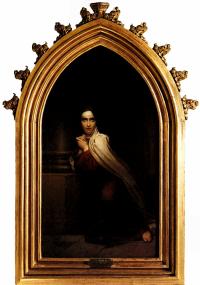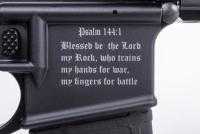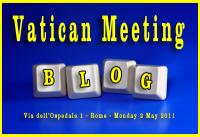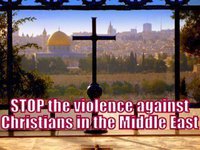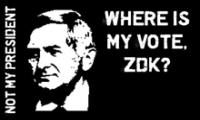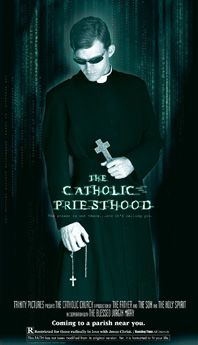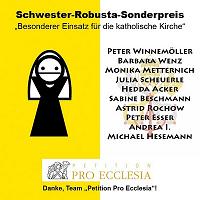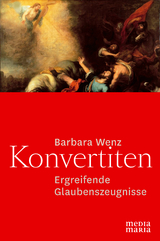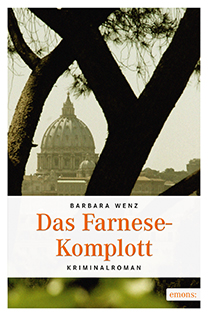Erzbischof Di Noia, Ecclesia Dei und die FSSPX
[Update: Das empfehlenswerte Blog Summorum Pontificum hat nun eine deutsche Übersetzung des gesamten Interviews!]
Ein überaus interessantes Interview, ein bisschen lang geraten, aber die Lektüre lohnt sich.
Erzbischof Di Noia ist kürzlich vom Heiligen Vater zum Vizepräsidenten von Ecclesia Dei ernannt worden, also der Kommission, die mit der Aufgabe betraut worden ist, die Priesterbruderschaft St. Pius X. in die Einheit mit Rom zurückzubringen (sofern sie das überhaupt noch wollen, was ich nach den jüngsten Entwicklungen leider langsam ernsthaft bezweifeln muss.)
>>The Society of St. Pius X argues the Second Vatican Council promulgated no infallible and irreformable teaching. It was pastoral and not dogmatic. If that is so, why is it important that they agree with it?
There’s enough that’s dogmatic in it. The sacramentality of episcopal ordination, to take one example, is a development of the teaching of the episcopacy, so it is doctrinal.
Traditionally, the doctrines were stated as canons with anathemas. There aren’t any of those, but it’s certainly full of the ordinary magisterium and a restatement of it. It’s doctrinally rich. But did it seek to clarify what Trent left open or that Vatican I left open with regards to Scripture and Tradition?
There are doctrinal developments here and there. And the society thinks, of course, that the whole teaching on religious liberty is a departure from the tradition. But some very smart people have tried to point out it’s a development that is consistent.
What I’ve tried to argue is that all they have to do is to say there’s nothing in the Council that is contrary to Tradition and that every text, or every part of it that is controversial, should be read in context of the Council — and read it in light of the Tradition. It seems to me, despite their difficulties, they should be able to do that.<<
Zum ganzen Interview hier.
Ein überaus interessantes Interview, ein bisschen lang geraten, aber die Lektüre lohnt sich.
Erzbischof Di Noia ist kürzlich vom Heiligen Vater zum Vizepräsidenten von Ecclesia Dei ernannt worden, also der Kommission, die mit der Aufgabe betraut worden ist, die Priesterbruderschaft St. Pius X. in die Einheit mit Rom zurückzubringen (sofern sie das überhaupt noch wollen, was ich nach den jüngsten Entwicklungen leider langsam ernsthaft bezweifeln muss.)
>>The Society of St. Pius X argues the Second Vatican Council promulgated no infallible and irreformable teaching. It was pastoral and not dogmatic. If that is so, why is it important that they agree with it?
There’s enough that’s dogmatic in it. The sacramentality of episcopal ordination, to take one example, is a development of the teaching of the episcopacy, so it is doctrinal.
Traditionally, the doctrines were stated as canons with anathemas. There aren’t any of those, but it’s certainly full of the ordinary magisterium and a restatement of it. It’s doctrinally rich. But did it seek to clarify what Trent left open or that Vatican I left open with regards to Scripture and Tradition?
There are doctrinal developments here and there. And the society thinks, of course, that the whole teaching on religious liberty is a departure from the tradition. But some very smart people have tried to point out it’s a development that is consistent.
What I’ve tried to argue is that all they have to do is to say there’s nothing in the Council that is contrary to Tradition and that every text, or every part of it that is controversial, should be read in context of the Council — and read it in light of the Tradition. It seems to me, despite their difficulties, they should be able to do that.<<
Zum ganzen Interview hier.
ElsaLaska - 2. Jul, 19:21

